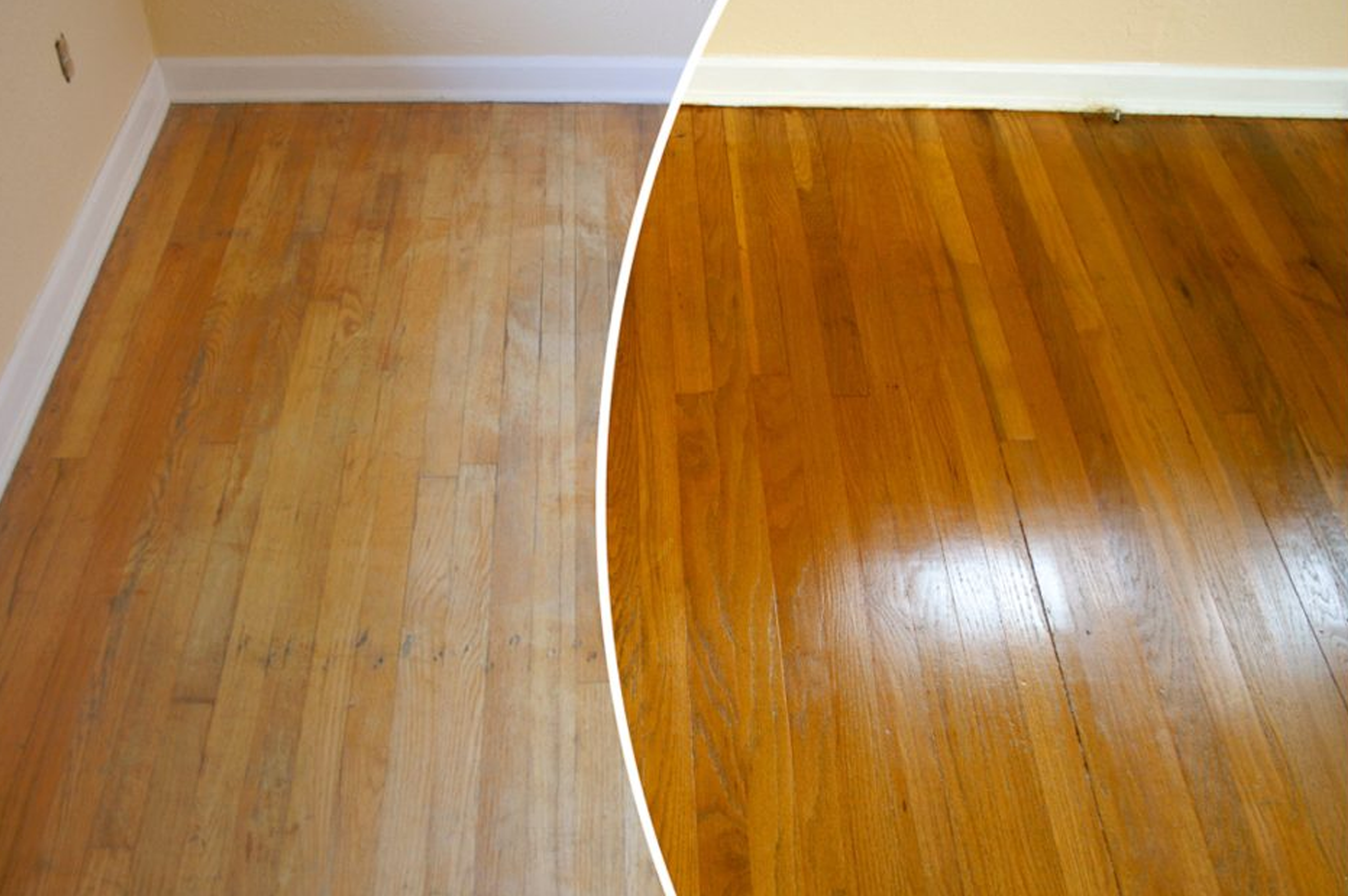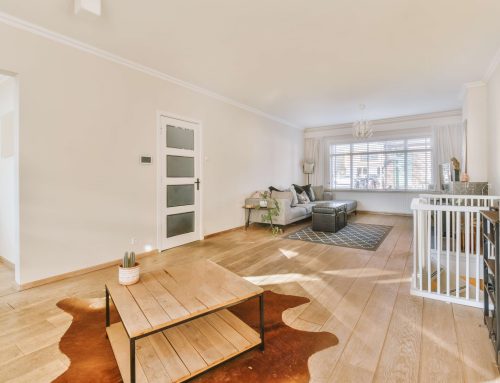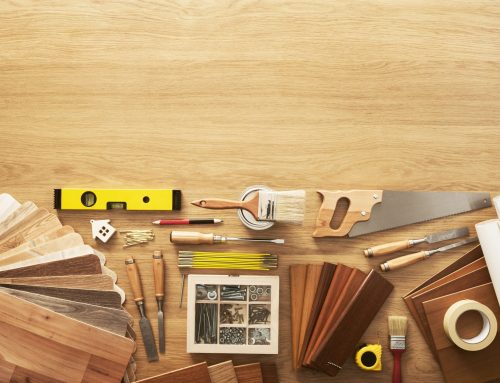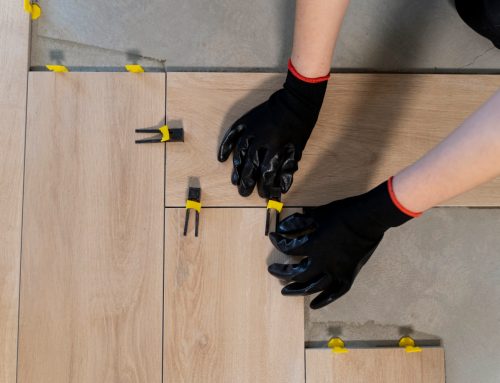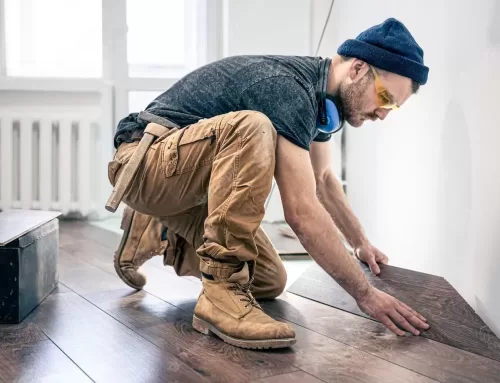As well as looking beautiful and being so easy to clean, one of the standout benefits to wooden flooring is how long it lasts. When looked after well, a wooden floor can last for decades. But during that time, you may need to hire a professional to restore your floor. Wondering how to know when it’s time for restoration? There are many tell-tale signs that your floor needs a little TLC. Take a look at our top ways of knowing when it’s time for wooden floor restoration Manchester, and everything you need to know about the process.
Dull lifeless floors
Try to think back to when your floor was brand new or find an old photograph to compare the flooring then to how it looks now. You’ll often be surprised at how different it looks. That’s because, over time, wooden floors accumulate dust and dirt which affect the appearance of your floor. Even with the best cleaning routines this can’t always be helped and is just part and parcel with wooden floors. The good news is that this can be fixed with wooden floor restoration.
What to know about old wood floor restoration Manchester service
Water damage
It’s well known that water and wood do not mix well. When wood flooring is exposed to water it can show signs of damage very quickly. When people think about water damage, they often expect it is caused by leaks or flooding, but even minor everyday tasks can cause water to damage your floor. Incorrect cleaning and using too much water when mopping your floor can lead to problems. If large amounts of water are left on the floor for too long, you will start to see tell-tale signs of damage such as cupping or warping. A specialist will be able to help salvage your floor through wooden floor restoration process.
They will typically sand down the whole floor, focusing on areas showing signs of water damage, and flatten out the areas where cupping or warping has occurred. This will leave your floor looking brand-new. It’s important to understand that severe water damage which has caused problems below surface level of the floor and are widespread, are unlikely to be salvageable through restoration. It is recommended to speak to an expert to get their opinion on whether your floor can be restored.
Scratches and scuffs
One of the unfortunate things that often happen to wooden floors are scratches and scuffs. This can happen when furniture is moved across the floor, from pet’s claws or just everyday activity. In commercial spaces which are used regularly, scratches and scuffs are more common. Again, through wooden floor restoration process, these scratches can be removed to make the floor look as good as new. This is usually done through wooden floor sanding – which is a process which will remove the top layer of the floor to strip away imperfections.
Is my floor a good candidate for old wood floor restoration?
Another part of the restoration process is finishing the floor with an oil or lacquer. This is an important part of the process as it will protect your floor for years to come. The finish acts as a layer of protection for the floor which will help to stop it from getting scratched or scuffed in the future.
Stains
Another form of damage which can ruin a wooden floor is spillages which stain. The worst offender by far is red wine, which is known for its staining capability. But even beers, teas and coffees and other types of liquid can stain a wooden floor, especially if spillages aren’t cleaned up quickly. Similarly, to scratches, these can be fixed through restoration. The process is very similar, with the floor being sanded to remove the stain from the top layer of the floor. This should then be followed by finishing the floor with an oil or lacquer to protect it from any future stains. You’ll thank yourself for investing in a quality varnish, as this will avoid you having to pay out for restoration again.
Grey floors
A huge sign that your floor needs restoration is a change in its colour. And if the colour is starting to appear greyer, this can be bad news. This is usually a sign that the varnish has started to wear away, which can happen over time. Greying floors are a sign that moisture has started to damage the floor. If you notice this, speak to an expert immediately as the longer you leave this, the less the chances it can be resolved with wooden floor restoration processes.
The art of hardwood floor restoration process
Wooden floor restoration Manchester
If you’ve read these signs that it’s time for restoration and would like to speak to an expert to understand more about the process, our knowledgeable team can help. Call us on Call us on 0161 945 8475 or email info@naturalflooringsolutions.co.uk

